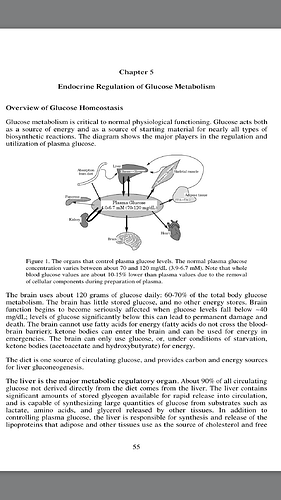I know right. The man who fasted for 382 days surely wouldn’t even have been able to lift his head by the end. I’ve even called these radicalized protein groups out on it, but they would rather sit in their sycophantic echo chambers pointing and laughing at what they call the “butter drinkers” than actually go to these groups and try to help someone.
I dare say their macros may work for some, however there seems to be far more stalled/gain/problem posts in these groups and not very many success stories despite their huge membership. The very fact that they refuse to ever at least acknowledge that everyone’s different and one size does not fit all just makes them a bunch of delusional arrogant bigots in my eyes.

 I kinda get the same feeling though I have read some ok science stuff there on occasion
I kinda get the same feeling though I have read some ok science stuff there on occasion